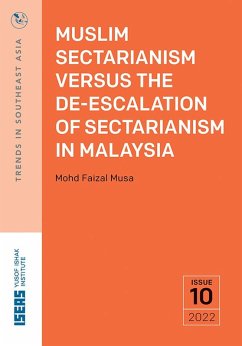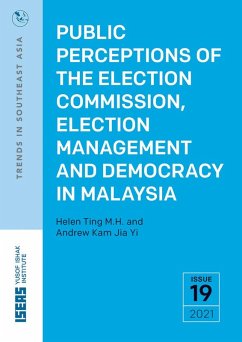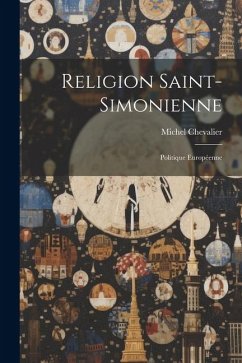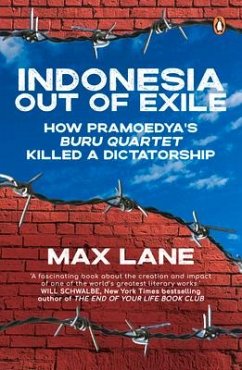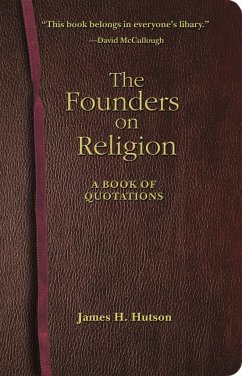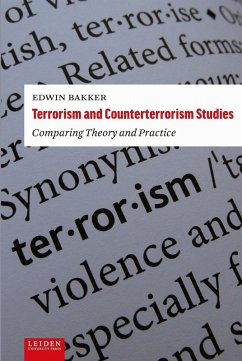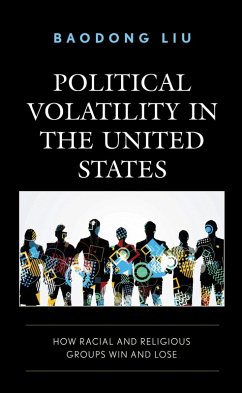
Freedom of Religion in Malaysia
The Situation and Attitudes of "Deviant" Muslim Groups

PAYBACK Punkte
5 °P sammeln!
Article 18 of the Universal Declaration of Human Rights (UDHR), published by the United Nations in 1948, states that "everyone has the right to freedom of thought, conscience and religion; this right includes freedom to change his religion or belief, and freedom, either alone or in community with others and in public or private, to manifest his religion or belief in teaching, practice, worship and observance." Malaysia recently won its bid to sit on the United Nations Human Rights Council from 2022 to 2024. However, while the country's constitution is progressive in underlining the rights of r...
Article 18 of the Universal Declaration of Human Rights (UDHR), published by the United Nations in 1948, states that "everyone has the right to freedom of thought, conscience and religion; this right includes freedom to change his religion or belief, and freedom, either alone or in community with others and in public or private, to manifest his religion or belief in teaching, practice, worship and observance." Malaysia recently won its bid to sit on the United Nations Human Rights Council from 2022 to 2024. However, while the country's constitution is progressive in underlining the rights of religious minorities, this is severely lacking in practice as it exercises heavy regulation on religion, combined with restrictions on the practices of certain faiths. Based on interviews and focus group discussions conducted in Malaysia, this paper uncovers the challenges faced by religious minorities in the country, and how treatment of them at the hands of religious authorities is illustrative of encroachments on their right to the freedom of religion. The groups that will be focused on are the Millah Ibrahim (Abrahamic Faith), the Baha'i faith, and the Ahmadiyah faith, all of which have been banned by the religious authorities. It was found that the three groups navigate their respective situations differently. For example, Millah Ibrahim adherents are very conscious of the repression that they face, and have resorted to propagating their teachings in secret and migrating to countries that are more lenient towards them. On the other hand, the Baha'i community feel they have relative freedom to practise their rituals despite the fatwa which bans their movement, and therefore do not see the need to take legal action against the authorities. This is in contrast to the Ahmadiyah adherents who use legal means (such as court cases) to counteract the repression towards them. Considering the precarious position of these groups, it is recommended that religious authorities engage with these minority groups so as to deepen their understanding of these groups and to properly assess the perceived threat that they allegedly pose. Such engagement would also allow Malaysia to uphold its commitment to human rights.




